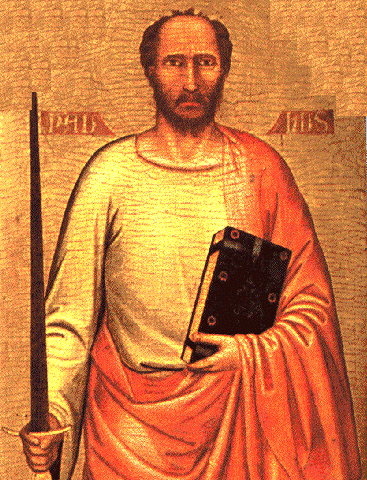The Acts of Paul and Thecla, an early Christian text, offers a captivating glimpse into the dynamics of early Christian narratives and the role of women in the early Church. This exploration seeks to rediscover the story’s significance and its contribution to Christian history and theology.
The Story of Thecla and Its Significance
The Acts of Paul and Thecla narrate the tale of Thecla, a noblewoman who, inspired by Paul’s teachings, abandons her betrothal to pursue a life of Christian ministry. This story stands out for highlighting the agency of a woman in the early Christian context, challenging traditional gender roles and offering a radical view of discipleship and faith.
Themes of Faith and Gender in the Acts
The narrative is rich in themes of faith, devotion, and gender. Thecla’s decision to follow Paul’s teachings, despite societal expectations, underscores a transformative understanding of faith. Her story exemplifies early Christian values such as spiritual commitment, courage in the face of adversity, and the breaking of societal norms for the sake of religious belief.
Historical Context and Cultural Impact
Set against the backdrop of the first-century Greco-Roman world, the Acts of Paul and Thecla provide insight into the cultural and societal challenges faced by early Christians. The story reflects the tension between traditional societal norms and the radical teachings of Christianity, particularly regarding the roles and status of women.
Relevance in Modern Christian Thought
Today, the Acts of Paul and Thecla continue to resonate, offering valuable lessons in faith, resilience, and the empowerment of women. The story invites modern readers to reflect on the historical roots of Christian values and the diverse experiences of early Christian followers.
Rediscovering the Acts of Paul and Thecla allows us to appreciate the richness and diversity of early Christian literature and its enduring impact on Christian theology and history.


Leave a Reply